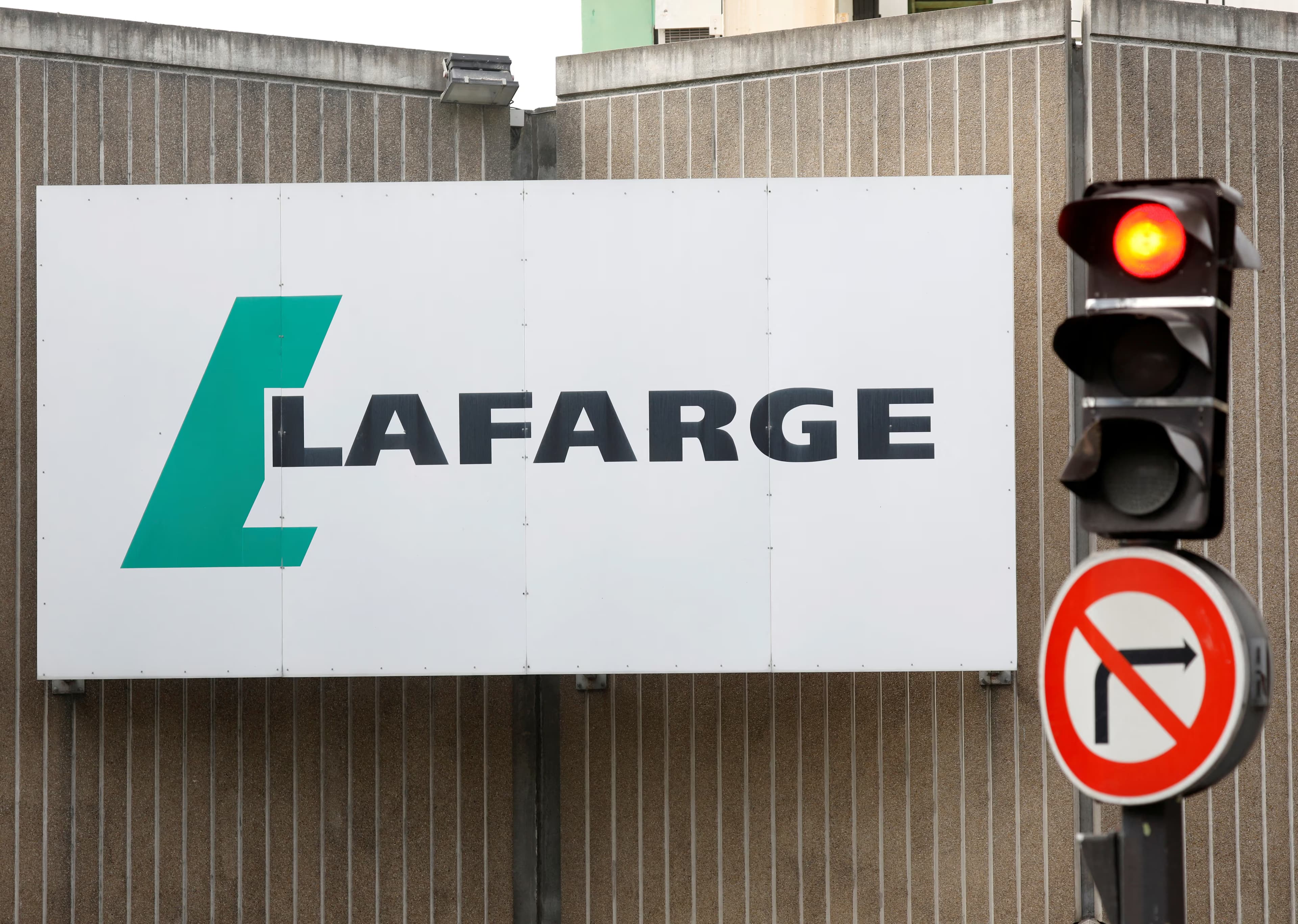We're loading the full news article for you. This includes the article content, images, author information, and related articles.
The landmark trial of cement giant Lafarge for allegedly funding Syrian terrorists begins in France, raising scrutiny of its parent company Holcim, which recently divested from Kenya's largest cement maker, Bamburi.

PARIS, FRANCE – Cement maker Lafarge S.A. and eight of its former executives appeared before a Paris court on Tuesday, November 4, 2025, to face unprecedented charges of financing terrorism. The French industrial giant is accused of paying millions of euros to jihadist groups, including the Islamic State (IS), between 2013 and 2014 to keep its cement plant in Jalabiya, northern Syria, operational during the country's civil war.
The case, which is the first of its kind against a multinational corporation in France, carries significant implications for corporate accountability in conflict zones and has direct relevance for Kenya. Lafarge merged with Swiss conglomerate Holcim in 2015, which until recently was the majority shareholder in Kenya's leading manufacturer, Bamburi Cement. Holcim completed the sale of its 58.6% stake in Bamburi to the Tanzanian firm Amsons Group and liquidated its regional holding company in September 2025, marking a formal exit from the Kenyan market.
The trial in the Paris Criminal Court, scheduled to run until December 16, 2025, will examine allegations that Lafarge's Syrian subsidiary, Lafarge Cement Syria (LCS), paid approximately €5 million to various armed factions, including IS and the al-Nusra Front (an al-Qaeda affiliate), to ensure the protection of its staff and the free movement of goods. Defendants include Lafarge as a legal entity and several high-ranking former officials, such as ex-CEO Bruno Lafont and former deputy chief operating officer Christian Hérault. They face charges of "financing a terrorist enterprise" and violating international sanctions, with potential prison sentences of up to 10 years.
This French trial follows a landmark case in the United States. On October 18, 2022, Lafarge and LCS pleaded guilty to a one-count charge of conspiring to provide material support to designated foreign terrorist organizations. In that resolution with the U.S. Department of Justice, the company admitted to its actions and agreed to pay a staggering $777.78 million in fines and forfeiture. The U.S. prosecution was the first time a corporation had ever been charged with and convicted of providing material support to terrorists.
According to the U.S. court filings, Lafarge executives negotiated revenue-sharing agreements with IS and made payments to ensure continued access to raw materials and to impede cheaper cement imports from Turkey. The conduct, which Lafarge concealed through falsified records and intermediaries, generated approximately $70.3 million in revenue for its Syrian plant.
Holcim, which acquired Lafarge after the alleged criminal conduct occurred, has consistently distanced itself from the scandal. In an October 2022 statement, Holcim asserted that none of the conduct involved Holcim, which has never operated in Syria. The company stated that legacy Lafarge executives concealed the misconduct before and after the 2015 merger. After learning of the allegations in 2016, Holcim commissioned an independent investigation and separated from the former Lafarge executives involved.
Despite this separation, the trial casts a long shadow. Bamburi Cement, listed on the Nairobi Securities Exchange, is a cornerstone of East Africa's construction industry, with integrated plants in Mombasa and Athi River. While Holcim has now exited the region as part of a global strategy to streamline operations, its decades-long ownership of a key Kenyan industrial asset links this international corporate scandal to the local market, raising questions about the due diligence standards of multinational corporations operating in Kenya and across Africa.
The Paris trial is proceeding on charges of terror financing, but a separate and even more serious investigation into Lafarge's alleged "complicity in crimes against humanity" is ongoing in France. Human rights organizations Sherpa and the European Center for Constitutional and Human Rights (ECCHR), who are civil parties in the case, have emphasized the importance of this charge, which addresses the profound human cost of Lafarge's operations. However, a charge of "endangering the lives of others," brought on behalf of former Syrian employees, was dismissed by France's Supreme Court.
As the proceedings unfold, the case will serve as a critical test for holding multinational corporations criminally liable for actions in unstable regions. For Kenya and East Africa, it underscores the complex governance and ethical challenges embedded in global business, even after a major player like Holcim has departed the market.
Keep the conversation in one place—threads here stay linked to the story and in the forums.
Sign in to start a discussion
Start a conversation about this story and keep it linked here.
Other hot threads
E-sports and Gaming Community in Kenya
Active 9 months ago
The Role of Technology in Modern Agriculture (AgriTech)
Active 9 months ago
Popular Recreational Activities Across Counties
Active 9 months ago
Investing in Youth Sports Development Programs
Active 9 months ago